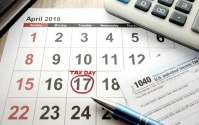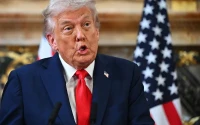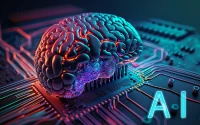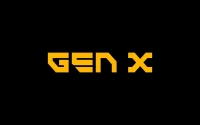The Operator's Paradox: Why Tim Cook's $3 Trillion Success Story Sets a Trap for His Successor
There's a number that defines Tim Cook’s tenure at Apple: 1,800. Since he took the CEO role from Steve Jobs in 2011, the company’s stock has appreciated by roughly 1,800 percent. It’s a figure that is difficult to process, a level of value creation that has made Apple the world's first three-trillion-dollar company. Cook, the master of supply chains and operational excellence, took the revolutionary device Jobs created and built an economic empire around it. He expanded the ecosystem with methodical precision, launching the Apple Watch, AirPods, and a suite of high-margin subscription services that now form a fortress of recurring revenue.
He didn't jump to the next curve; he paved, widened, and perfected the one he was on.
Now, as Cook approaches his 65th birthday, the internal succession planning is reportedly underway. According to Bloomberg, the board is looking at a slate of internal candidates to ensure a seamless transition. The list is exactly what you'd expect from a company that prizes stability: John Ternus, the hardware engineering lead; Craig Federighi, the face of software engineering; and Sabih Khan, the new COO stepping into Cook's old role. These are brilliant, seasoned executives. They are, in essence, disciples of the Cook doctrine—a doctrine of optimization.
This is the operator's paradox. The very system that produced such unprecedented, stable growth may be incapable of identifying the kind of leader required for an era of instability. The board is looking for the next Tim Cook, but the market is signaling that what Apple actually needs is the next Steve Jobs. The challenge is that visionaries are, by their nature, disruptive outliers. They don't typically rise through the ranks of a finely tuned corporate machine. They are often found breaking things in the garage. So, the critical question isn't who will succeed Tim Cook, but whether Apple's meticulously crafted system can even recognize, let alone promote, the right kind of leader for what comes next.
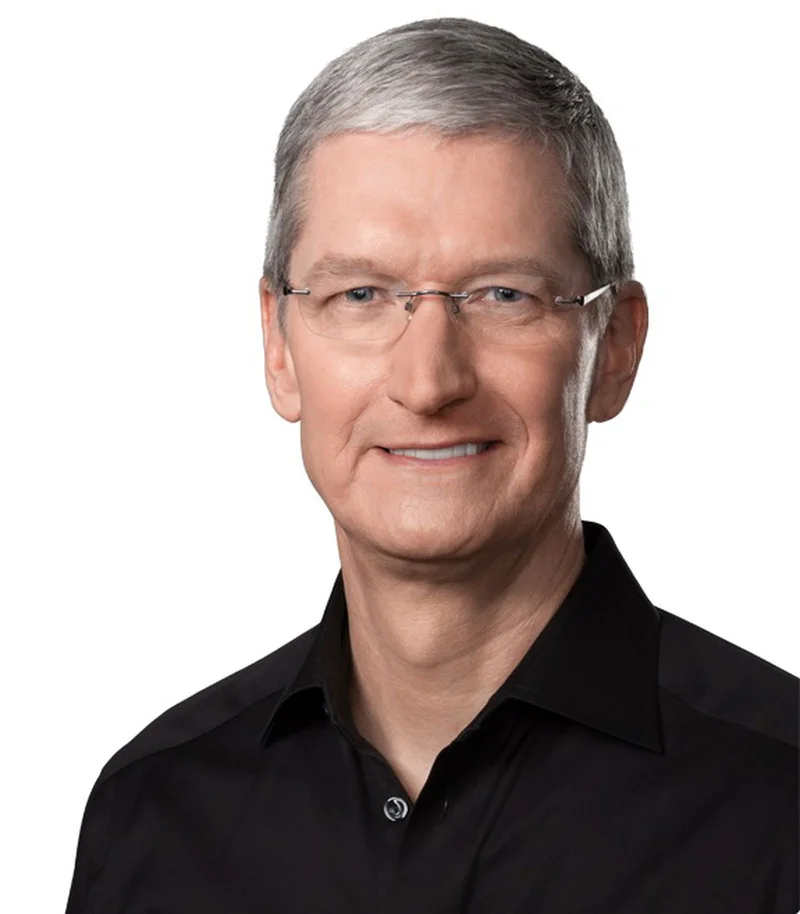
The AI Ghost in the Machine
While Cupertino is focused on its internal succession chessboard, a far more significant threat is materializing outside its walls. It's not Google or Meta. According to former Apple CEO John Sculley—a man whose history with the company is complicated (he’s the one who famously ousted Jobs)—the biggest threat is OpenAI (‘Apple’s Biggest Threat Is Not Google…’: Former Apple Chief Has This Warning For CEO Tim Cook). He calls it Apple's "first real competitor" in decades. While one should always analyze a source like Sculley with a degree of skepticism, his core point aligns perfectly with the available data. Apple is demonstrably, quantifiably behind in the artificial intelligence race.
Sculley argues that the tech world is shifting from an app-centric model to one dominated by "Agentic AI." This is the "next curve" that Apple evangelist Guy Kawasaki says Jobs always preached about (Tim Cook To Depart, Steve Jobs' Lesson For Guy Kawasaki And More: This Week In Appleverse - Apple (NASDAQ:AAPL), Goldman Sachs Group (NYSE:GS)). The app model, which Apple perfected, requires users to navigate a grid of icons to perform tasks. The agent model, championed by OpenAI and Google, promises a future where intelligent agents perform complex, multi-step tasks in the background based on natural language commands. Apple built the world’s most efficient and profitable railroad system, complete with luxury cars and impeccable service. The problem is that its competitors are now building airplanes.
The evidence of Apple's struggle is not just anecdotal; it's visible in its product roadmap. The much-hyped "Siri AI" relaunch has been delayed multiple times and is now tentatively slated for an iOS 26 update next year. I've analyzed hundreds of corporate product timelines, and a flagship feature delay of this magnitude for a company of Apple's caliber is an unusual and significant indicator of deep-seated technical or strategic challenges. It suggests a company grappling with a paradigm shift it did not initiate and does not yet fully understand. While Goldman Sachs strategists argue the current AI boom isn't a bubble, their analysis simply reinforces the danger for Apple. This isn't a passing fad; it’s a fundamental platform shift, and Apple is playing catch-up. Perhaps the most telling data point of all is that Jony Ive, Apple’s former design chief, is now collaborating with OpenAI. The visionaries are voting with their feet.
A Calculation of Risk
Tim Cook’s legacy is secure. He is, without question, one of the most effective chief executives of his generation. But his success was predicated on executing and scaling a pre-existing vision. The risk facing Apple's board isn't that they'll pick an incompetent leader; it's that they will pick a supremely competent one who is perfectly suited for the world of 2015. The entire slate of potential successors has been groomed in an environment that rewards optimization, not revolution. They are experts at polishing the iPhone, not at imagining what comes after it. The next decade won't be won by shaving a millimeter off a device or improving supply chain efficiency by another 3%. It will be won by the company that successfully builds the next computing platform—an intelligent, ambient one. The greatest risk in Apple's succession plan isn't the names on the list; it's the names that are missing.




